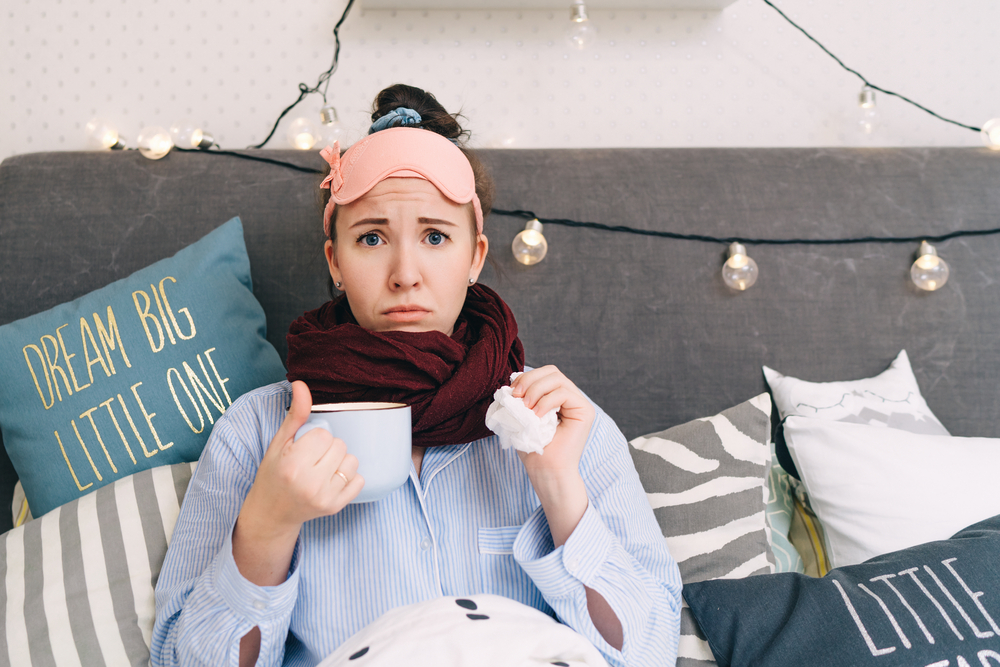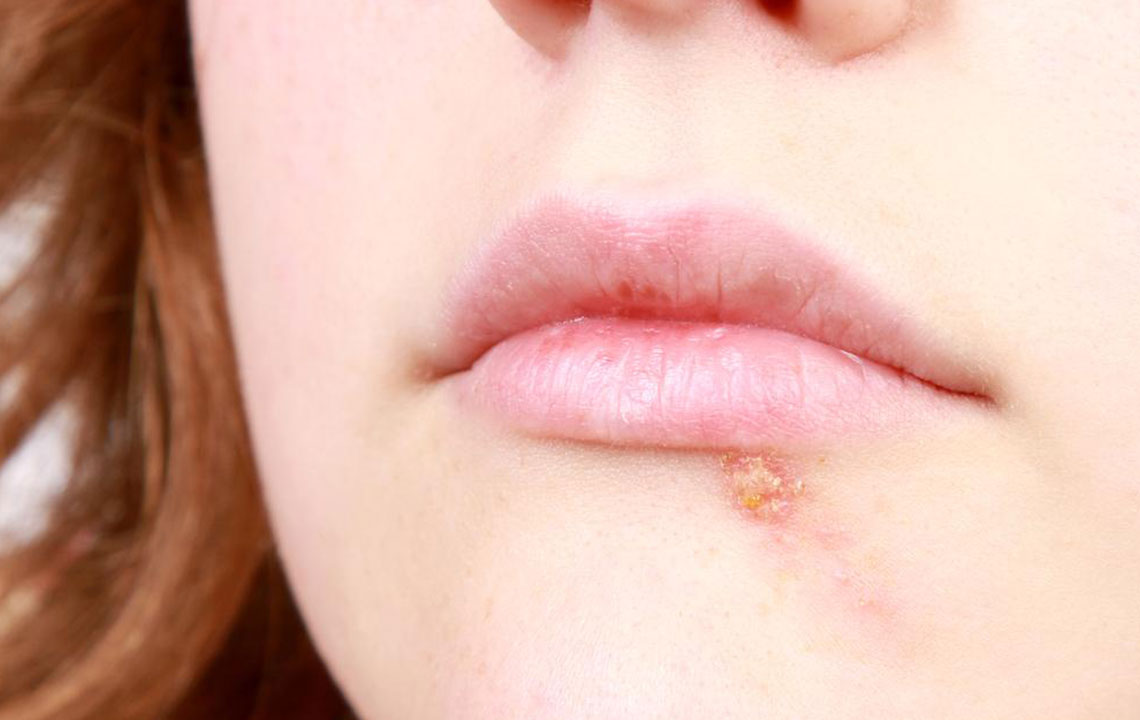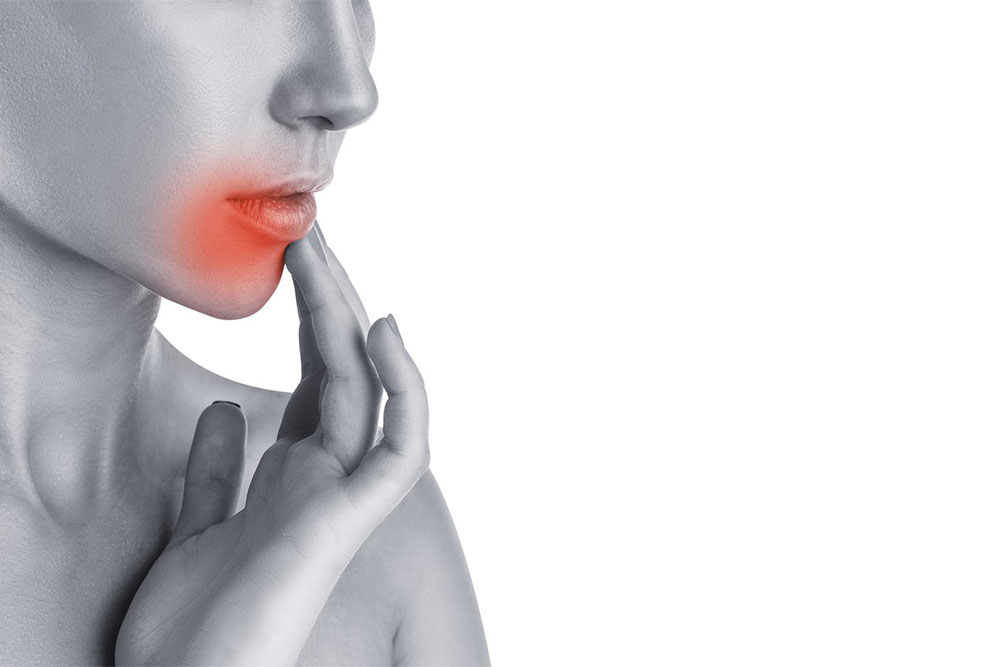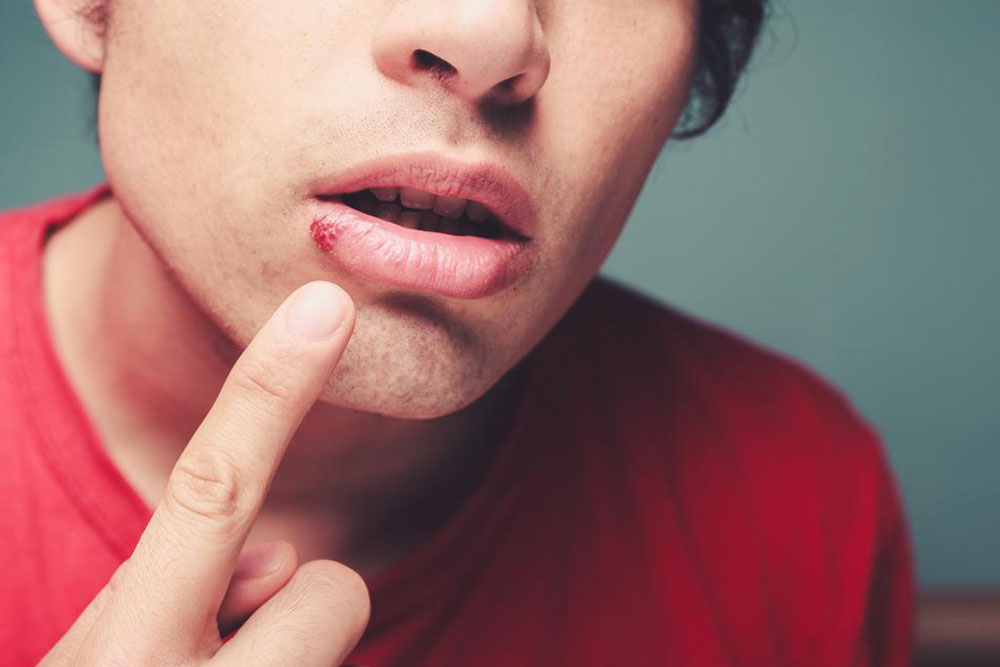Cold Sore Insights: Causes, Symptoms, and Effective Management
Discover comprehensive insights into cold sores, including their causes, symptoms, and management strategies. Learn about effective treatments, natural remedies, and preventive tips to better handle outbreaks. This guide emphasizes the importance of professional medical advice and offers practical tips for symptom relief and outbreak prevention.

Cold Sore Insights
Essential Information on Cold Sores
Cold sores manifest as fluid-filled blisters, often forming around the lips or facial area. They can persist for two weeks or longer and may occasionally appear on fingers, the nose, or inside the mouth, though these are less common.
The herpes simplex virus is responsible for cold sore development. It can spread even when sores are not visible, through close contact like kissing or hugging. While a cure remains elusive, antiviral drugs can help control symptoms and reduce the frequency of outbreaks.
Origins and Causes
The herpes simplex virus (HSV) causes cold sores.
HSV-1 primarily causes oral cold sores, while HSV-2 is linked to genital herpes.
Post-infection, the virus stays dormant but can reactivate periodically.
Triggers such as stress, illness, or weakened immunity can lead to outbreaks.
Recognizing Symptoms
Initial signs include tingling or burning sensations on the lips or face.
Red blisters filled with fluid develop, often accompanied by pain and sensitivity.
Additional symptoms may include fever, muscle aches, and swollen lymph nodes in the neck.
Stages of Cold Sores
Stage 1: Tingling or itching occurs before blisters appear.
Stage 2: Red, fluid-filled blisters form.
Stage 3: Blisters rupture, creating painful sores.
Stage 4: Sores crust over and cause itching.
Stage 5: The scab falls off, revealing healed skin.
These stages typically last around two weeks, and sores remain contagious until fully healed. First outbreaks can occur up to 20 days after virus exposure.
Managing Cold Sores Effectively
While there is no instant cure, various treatments can alleviate discomfort and shorten outbreak duration:
Topical agents: Antiviral creams like penciclovir or docosanol applied early can reduce pain and promote healing.
Oral medications: Doctors may prescribe antivirals such as acyclovir, valacyclovir, or famciclovir for frequent or severe cases.
Home Remedies
Some natural options might help ease symptoms, though results can vary:
Lemon balm: Lip balms containing lemon balm could lessen redness and swelling.
Ice packs: Cold compresses can soothe pain and reduce swelling.
Aloe vera: Known for anti-inflammatory effects, aloe vera gel can calm irritated skin.
Sunscreen: Applying sunscreen regularly over cold sores may support healing and prevent future outbreaks.
Stress reduction: Techniques like meditation and regular exercise can help decrease recurrence likelihood.
Important Note: This content is for educational use only and should not replace professional medical advice. Always seek guidance from a healthcare provider for diagnosis and treatment options. The information aims to inform but cannot guarantee accuracy or completeness.


